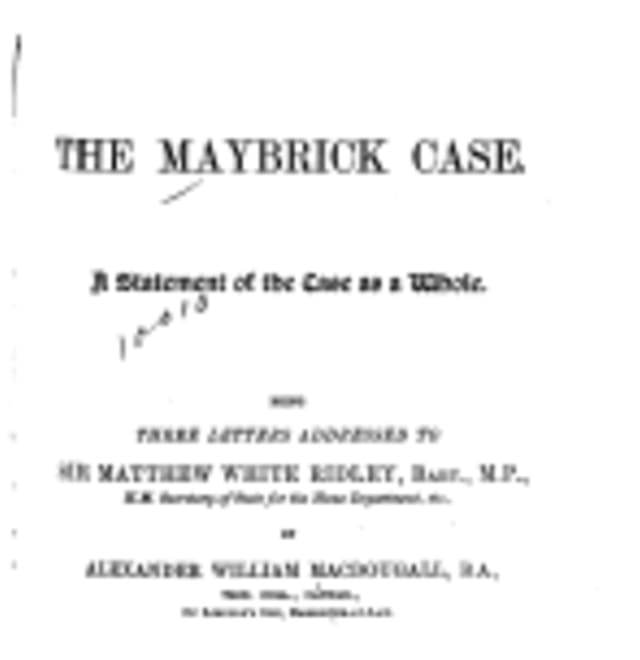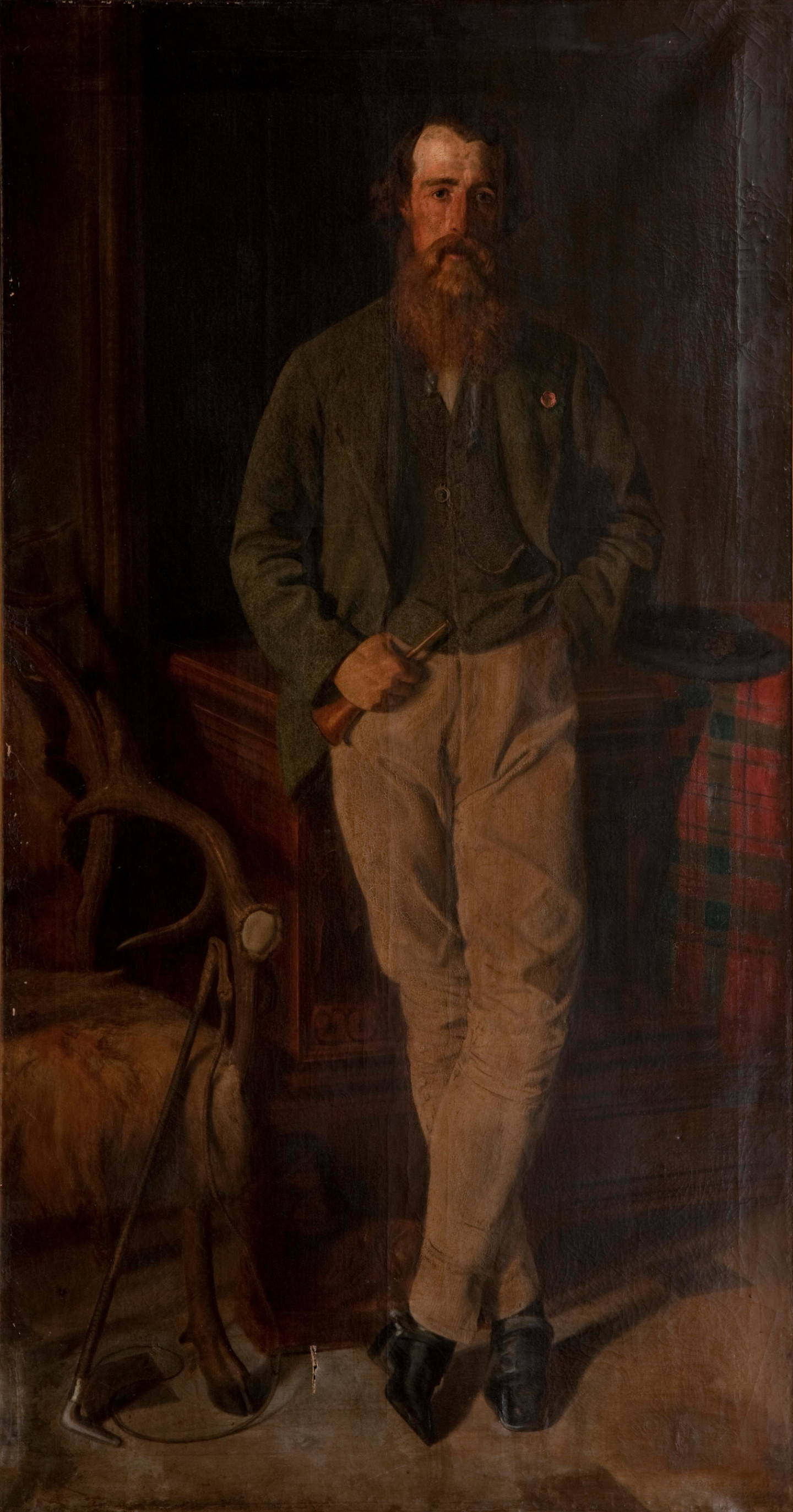Alexander William MacDougall was drafted into the Nottinghamshire side for the home Championship match against Surrey in June 1858 because Notts were without four regular players; he made 3 and 0, did not bowl and took no catches. Two other Notts debutants were in the XI that day; Alfred Diver, like MacDougall, did not play for Notts again – despite being the top scorer in each innings – but the other newcomer was rather more significant. Richard Daft, who made 44no in Notts’ second innings, was destined to become the finest professional of his age.
The same could not be said about MacDougall, who at that time was an undergraduate at Trinity College Cambridge. He played in several matches for the University but was not awarded his blue, even though in 1857 it was reported that he was: "wonderfully improved both as a bat and field. We hope to see him in the (Cambridge) Eleven this year." His best score whilst at Cambridge was 34 v Quidnuncs, also in 1858.
MacDougall was born in Jamaica on 19 March 1837 and was educated in Worcestershire. He lived in Wilford at the time of his only Notts appearance and played a few games for the Nottingham Commercial club. Towards the end of the 1858 season, he organised a three-day match at Trent Bridge between his own XXII and the United England Eleven (UEE). A few Notts names were in his team, including Richard and Charles Daft, but the most telling contribution from a home player came from Jemmy Grundy, who took 10 second innings wickets for UEE as the visitors won easily. This was the only game that MacDougall played at Trent Bridge.
A barrister by profession, he lived in London from about 1870 and was in chambers at Lincoln’s Inn from 1871. MacDougall clearly had greater prominence in the legal profession than he did on the cricket field and he was eitjer involved in, or commented upon, two of the most notorious murder cases of the Victorian era. In both cases, a woman was convicted and sentenced to death but concerted campaigns, challenging the judges' summings-up, resulted in each case of the sentence being commuted to life imprisonment.
MacDougall certainly commernted upon the first, the 'Penge Murder' and seems to have been party to at least one of the public meetings raised to support Alice Rhodes, who was eventually pardoned. The other case, of Florence Maybrick had a similar outcome and MacDougall wrote a detailed commentary on the case under the less-than-snappy title: The Maybrick case. A treatise ... on the facts of the case, and of the proceedings in connection with the charge, trial, conviction, and present imprisonment of Florence Elizabeth Maybrick. 
Possibly as a result of his interest in these high-profile cases, Alexander MacDougall was the subject of a full-length portrait, which sold recently at a London auction.
He died in Greenwich on 1 November 1917, aged 80.
November 2023
Nottinghamshire First-Class Number: 87
